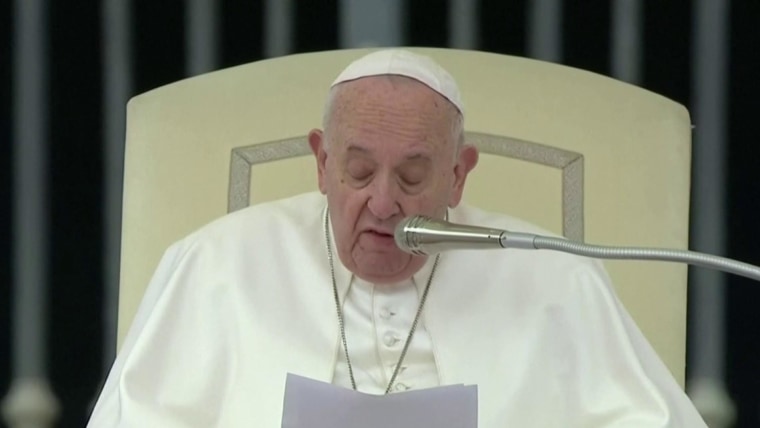Lent, which began last week, is not well understood even by many of the Catholics who observe it. It’s a “penitential season” lasting 40 days — not counting Sundays — from Ash Wednesday to Holy Thursday, the Thursday before Easter Sunday. Many folks who have some religious education would nevertheless flunk a quiz on the contents of the previous sentence. It’s easy to miss that Sundays are not part of Lent, for instance, or that the last day is one day short of Good Friday.
The point of giving up things for Lent isn’t to rack up gold stars. It’s about becoming more faithful, improving yourself and serving others.
What the faithful tend to know about Lent is that it starts on Ash Wednesday; lasts 40 days; demands some light fasting and abstaining, including “meatless” (but not fishless) Fridays; and that we’re all expected to choose to give up something for the duration as a way of identifying more closely with Jesus and the sacrifice he made.
These personal renunciations often have to do with food and drink — likely because there are other culinary abstentions already baked into the season. Maybe we give up coffee (bad idea!) or beer or dessert. There’s nothing wrong with selecting such sacrifices in and of themselves, but Lent shouldn’t be thought of as just an easy way to diet.
Lent is about one’s spiritual condition, and how internal improvements can lead you to better things. If abstaining from some food or drink can help you become a more spiritual and generous person, great. If not, giving up something else could be more meaningful.
Get the think newsletter.
No lesser authority than Pope Francis himself gave this counsel when discussing Lent observance in St. Peter’s Square on Ash Wednesday. Rather than a type of cuisine or beverage, he suggested Catholics give up trolling.
“We live in an atmosphere polluted by too much verbal violence, too many offensive and harmful words, which are amplified by the internet,” Francis admonished. “Today, people insult each other as if they were saying ‘Good Day.’”
In remarks that departed from his prepared text, the pope called Lent “a time to give up useless words, gossip, rumors, tittle-tattle and speak to God on a first-name basis.” In other words: Stay away from Twitter, and maybe use your newfound free time to pray more.
The pope’s Lenten suggestion seemed an unusual one, but in many ways it reflects the traditional purpose of the season: uniting the minor sacrifices of Lent with a deeper purpose. The point of giving up things for Lent isn’t to rack up gold stars. It’s about becoming more faithful, improving yourself and serving others.
Lent is preceded by Carnival, when revelers let down their hair for some three weeks in anticipation of the buttoned-up Lent season, culminating in a day that’s alternatively named Mardi Gras, Fat Tuesday or Shrove Tuesday, depending on where it takes place. The last name is the most instructive, as it refers to having one’s sins “shriven.” In its non-New Orleans form, it is a day of confession and feast in preparation for the coming fast of Ash Wednesday.
Lent lasts for 40 days because it’s supposed to echo the Bible story of the time Jesus spent in the Judaean desert at the beginning of his ministry. It leads and blends into Holy Week, which was the violent end of his ministry. The Christian religion arose in its aftermath, as Jesus’ followers stubbornly insisted he was still with them. During the 40 days, Jesus fasted, rejected temptation and committed himself to a public mission. That mission had profound effects on large parts of the world, whether one believes in it or not.
This season is an annual way for the faithful to reconnect themselves to Jesus, and also to their fellow man. The most effective ways to do that are bound to change over time. People often have the wrong idea of tradition, viewing it as a set of brittle pronouncements. It is instead a conversation. We can apply old wisdom to new contexts, and this is especially true in the age of endless scrolling.
Social media encourages some very bad things in us, with trolling being perhaps the worst. Indeed, trolling is an example of sinful behavior for many reasons. Bearing false witness (aka “lying”) is bad and forbidden by the Ninth Commandment. Gossip is roundly condemned by the world’s scriptures and common sense. Those same scriptures have many warnings against needlessly angering people. And troll-led outrage mobs often amount to a dehumanizing denial of a person’s dignity.
People often have the wrong idea of tradition, viewing it as a set of brittle pronouncements. It is instead a conversation.
I think one of the reasons why many Catholics tend to give up food and drink for Lent is because it’s relatively easy. It tracks with something society is already telling us about dieting and self-improvement, and superficially seems to echo the meatless Fridays that are already part of the season. Why, Lent even has Sundays as designated cheat days!
But I think the pope’s suggestion this year was a good one that cuts deeper. If enough of us took it up, this would make the world a better place both for us and for our fellow humans. And it can have a truly lasting impact if we don’t go back to it after Lent’s over. We’d just have to try and be better people for the rest of our lives.












